Objectives of Corporate Team Building Workshops: Are They Being Met?
In today's business world, the question of whether corporate team-building workshops actually meet their objectives is a valid one. With businesses increasingly facing more pressing needs, many businesses are crunching the question of whether these workshops are worth prioritising, to begin with.
There is no doubt that team-building workshops can be beneficial to businesses, but there is also no guarantee that they will directly contribute to increased employee engagement or productivity.
The Most Common Objectives of Corporate Team-Building Workshops
Corporate team-building workshops have long been used as a means of building employee engagement and fostering collaboration within teams. It’s precisely why they still choose to invest in team development programs or activities designed to equip people to work together effectively.
Here are the typical objectives that corporate team-building workshops hope to achieve:
Building Team Morale
Team-building workshops have been the tried-and-tested method for building team dynamics, especially in newly formed teams, where the team members are completely new to each other. It provides the environment for employees to connect in a fun and interactive setting to get to know each other better.
When planning for a team-building activity with team morale in mind, employers lean towards organising a "fun day out" that consists of light-hearted activities. Employees might find themselves confined in a room they have to escape out of, or carefully shaping pottery together, all in a bid to break the ice.
This comes across as a good idea on paper, but in reality, many employees view these team-building exercises as an obligation to meet rather than an opportunity to seize. That significantly limits the potential effectiveness of these corporate bonding sessions.
Establishing Trust
Corporate team-building workshops help teams build trust by providing a safe environment for employees to share their thoughts and feelings. Certain workshops guide teams to learn about each other's strengths and weaknesses, which allows team members to better understand how to work together more effectively.
When planning for a team-building activity with the purpose of establishing trust, employers source for strategic workshops that incorporate the element of trust in their activities. The infamous activity that everyone is well-versed with is none other than the trust fall.
These activities are all carried out in the hopes of building camaraderie amongst the team members, which in turn fosters a sense of trust in each other when working as a team. The hard truth, however, is that a one-off trust fall fails in demonstrating what it takes to build trust within a team when working together.
Promoting Collaboration
One of the key byproducts that people expect from such corporate bonding sessions is for it to encourage collaboration within the team. When teams prioritise collaboration over competition, it lays the foundation for consistent and continued success in the long run. As the saying goes, "If you want to go fast, go alone. If you want to go far, go together."
Companies turn to corporate team-building workshops to drive home the importance of collaboration, often through team-building activities that are tailored to promote teamwork across the participants. Many would be familiar with team bonding sessions that involve solving puzzles or navigating a maze together.
As effective as these activities are in illustrating the value of teamwork, their effectiveness diminishes when it comes to actionable and practical skills (like communication or conflict resolution skills) that employees can put to practice come Monday morning.
Final Thoughts
While corporate team-building workshops continue to be widely sought after, the effectiveness of these workshops has come under scrutiny in recent years. Some argue that they are nothing more than a waste of time and money, while others believe that they can be beneficial if approached wisely.
This is why corporate bonding activities have to evolve and be customised to meet the specific needs of each team in order to deliver the desired outcomes of increasing engagement and collaboration within teams.
Written by Jason Ho
Ideation • Strategic • Adaptability • Relator • Self-Assurance
Jason is Southeast Asia's very first Gallup Certified StrengthsFinder Coach and founder of Strengths School. Having worked in the finance and consulting industry for a number of years, he brings a wealth of experience from the private sector. Jason is extremely passionate about the power of StrengthsFinder in management and business, and actively conducts StrengthsFinder workshops and coaching sessions all across Southeast Asia for individuals and organizations to unlock their full potential.



